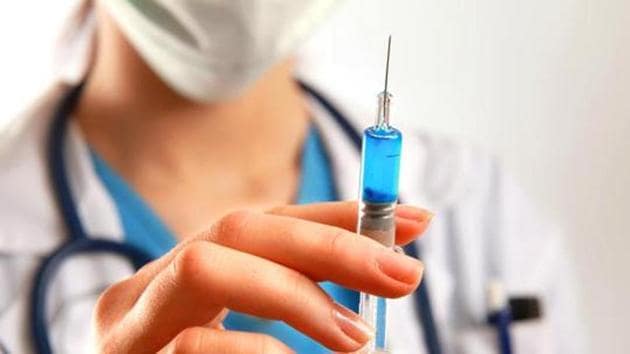Family-led rehabilitation ineffective for stroke patients, says Lancet study
The study also stresses need for urgent investment in professional stroke facilities in underdeveloped nations.
Family-led rehabilitation is ineffective for stroke patients, a recent study has found.

The study titled — ‘family-led rehabilitation after stroke in India’ — published in The Lancet is based on one of the largest stroke rehabilitation trials that was conducted at 14 centres across India, following up 1,250 stroke patients over six months.
The rehabilitation didn’t bring any improvement in the patients, compared to those who received no care.
An estimated 1.6 million people suffer a stroke in India every year, with early death rates ranging from 27% to 41%. And 5 lakh people are living with stroke disability.
The George Institute for Global Health conducted a controlled trial, which looked at whether a family-led caregiver-delivered home-based rehabilitation intervention as against usual care is an effective and affordable strategy for those with disabling stroke in the country.
The study was supported by the National Health & Medical Research Council (NMHRC) of Australia, coordinated by Christian Medical College (CMC), Ludhiana, and the quality of implementation monitored by the Indian Institute of Public Health, Hyderabad.
The results raise serious questions about the benefits of rehabilitation carried out by family members, and highlight the need for urgent investment in professional stroke facilities in low and middle-income countries.
“We had expected to see a marked improvement in recovery of people who received this extra care delivered by their own trained family members, in their own homes,” said lead author Professor Richard Lindley, The George Institute for Global Health and the University of Sydney.
“Other trials have indicated that community-based rehabilitation can play a significant role in recovery but these have been conducted largely in high resource settings. It shows effective rehabilitation may need to be provided by professionals who have undergone years of training and are specialists in their own field.”
The results are surprising and may impose major challenges to poor communities with limited financial resources that are also struggling to rehabilitate stroke patients especially in rural areas in a better way.
“Even after we save lives of stroke patients, they need a robust rehabilitation that may stretch up to months. Many more stroke units are needed in India with more trained professionals who can deliver life changing rehabilitation,” said professor Jeyaraj Pandian, neurologist, CMC, Ludhiana.
“Government will have to pitch in a big way.”
Catch your daily dose of Fashion, Health, Festivals, Travel, Relationship, Recipe and all the other Latest Lifestyle News on Hindustan Times Website and APPs.




